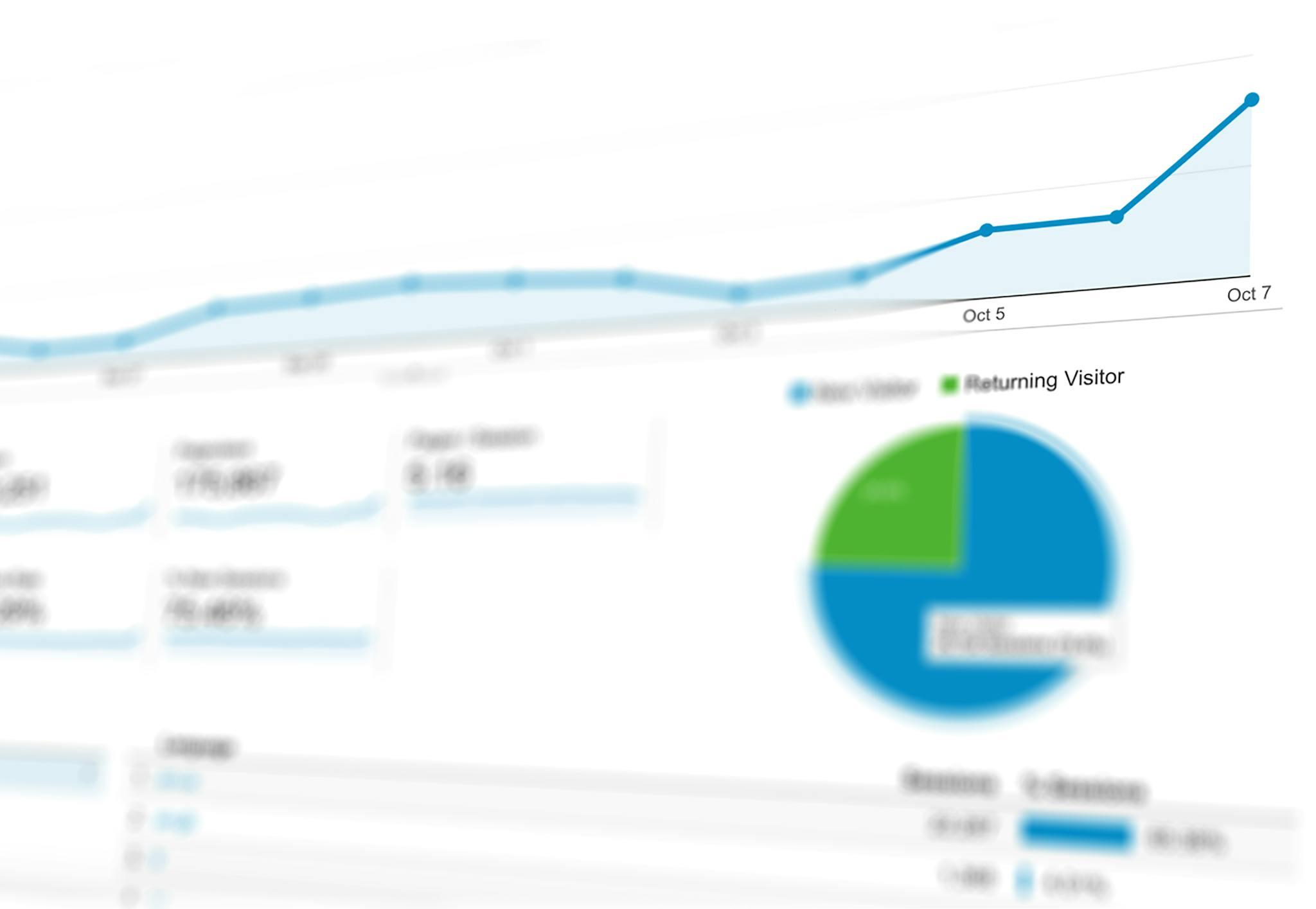What is a GA4 audit? What business owners need to know
Here's the truth: accurate data isn't just a tech issue, it's a P.R. issue. At best, poor-quality data in your GA4 can cause major headaches for your business. At worst, it can damage your reputation, erode consumer trust, and result in potential regulatory fines.
Below, I'll dive into what a GA4 audit is, why it matters, and what's typically covered in a GA4 audit.
What is a GA4 audit?
A GA4 audit is like a wellness check into your GA4 property. The goal is to ensure that everything is running as smoothly as possible and that there are no underlying issues that affect the quality of your data, and, in turn, your reputation.
Why do GA4 audits matter?
GA4 audits are crucial for any company or higher education institution seeking to leverage data in their business. While web data will never be perfect, you want to make sure it's as accurate as possible to enable better decision-making.
Performing regular GA4 audits (usually once a quarter) is critical for getting ahead of any data issues before they become problems. At best, these issues can cause wasted time and money. At worst, you risk Google deleting your account due to compliance issues. Conducting GA4 audits on a regular basis can help you avoid future headaches down the road.
What do you look for in a GA4 Audit?
What does a data professional look for when conducting a GA4 audit? Here's a non-exhaustive list of areas they'll typically check:
Basic setup and configuration
The first step in any GA4 audit is to review your initial configuration. This includes your GA4 property name and property ID.
Then, it's time to check the property details. For example, are you using the right currency? If you're an e-commerce business in Toronto, you'll want to ensure you choose Canadian dollars. Otherwise, GA4's reports won't match what you see in your e-commerce tools. Other basic details include your time zone and industry category. It's important that they make sense for your business.
Afterwards, the auditor will typically review the data retention period (which you should set to 14 months, not the default of two), your reporting identity, and the number of web data streams (there should only be one). Making sure this basic setup is correct is vital for avoiding major headaches down the road.
Data quality
As the saying goes, "garbage in means garbage out." Making data-backed decisions is only effective if your data is accurate and reliable.
Data quality is the foundation of success for any data-driven business. While GA4 data will never be perfect, ensuring it's as accurate as possible is key for developing a better business strategy, as well as reducing wasted time and spend.
How does this relate to your GA4 audit? During the audit, the consultant (or a member of your team) will verify aspects such as a high percentage of unassigned traffic. If you're unable to determine where a significant portion of your traffic is coming from, it becomes difficult to refine your marketing strategy.
They'll also look for issues such as self-referral problems or development traffic mixing with your production site, which can skew key metrics for your website.
Privacy and compliance
Many states, countries, and geographic regions have specific laws regulating what data companies can collect. Additionally, you typically need to obtain users' consent to collect their data in the first place.
And while you may be thinking, "Well, we have a consent banner", that may not be enough. You need to make sure that GA4 respects users' choices.
For example, when I recently audited a client's GA4, it showed that I had consented to data being used for analytics and remarketing, despite not having made any consent choice. This could be an issue, depending on where you operate and where your web traffic comes from.
You'll also want to ensure that personally identifiable information (PII) isn't accidentally collected. PII refers to any information that you could use to identify an individual.
For instance, if you're a university and discover that your GA4 has been storing visitors' email addresses accidentally, that is an example of PII. If you don't address this issue, Google will consider that a breach of contract and close your account. PII issues could also lead to regulatory fines, particularly if you conduct business in regions such as the European Union.
If you do find you've unintentionally collected this information, you can complete a data deletion request. You'll also want to conduct some detective work to determine the source of the unwanted PII (such as a form on your website).
Get more out of your data
GA4 audits are crucial for any business seeking to make more informed, data-driven decisions. It's not enough to collect data; you need to ensure it's accurate and compliant with state and regional regulations. Quarterly GA4 audits are crucial for maximizing the value of your data and driving business growth.
Need help getting more from your GA4 data? If you're unsure if your GA4 data is accurate, I can help. I conduct GA4 audits for higher education, eLearning, telecom, tech, and broadband companies. Contact me today to learn more!
